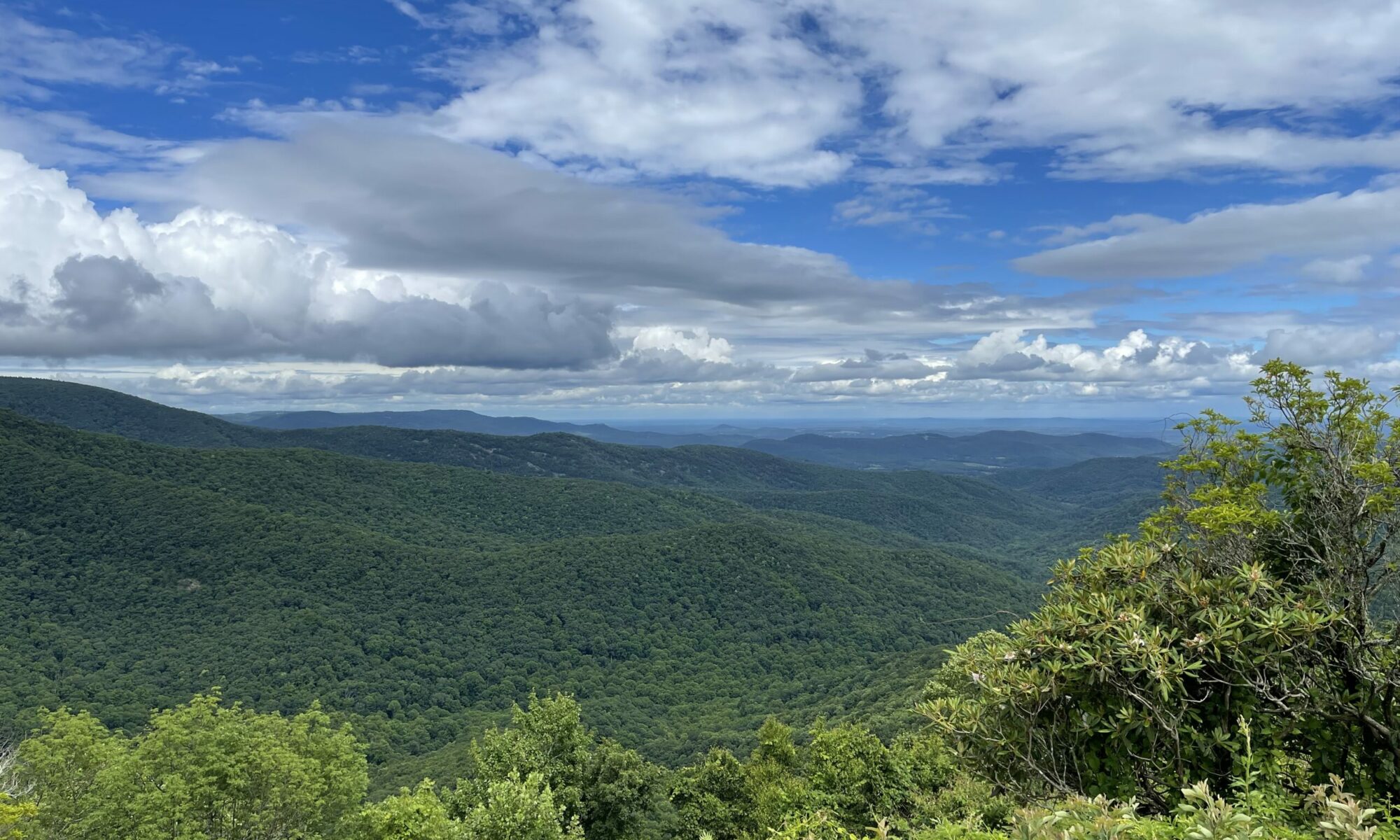
Wesley J. Smith’s recent essay (behind the National Review paywall) exposes a remarkable—and troubling—shift inside the world’s most prestigious academic and policy institutions: the rapid ascent of the “nature-rights” movement. What began as environmental fringe activism has now won the imprimatur of Cambridge University, major law societies, scientific journals, and global U.N. networks.
The core claim? Nature itself—mountains, rivers, glaciers, ecosystems—is a living person endowed with legal rights.
Cambridge’s new policy journal, Public Humanities, is devoting an entire issue to this concept. Its call for papers is shockingly explicit:
“We urgently need to change the way we relate to nature. One of the ways to do so is to consider nature as a subject of rights, as a living entity that has the right to exist, to be respected, to fulfil its natural role without arbitrary interference and to be repaired when its rights are violated. The constitution of Ecuador… has recognized nature as a subject of rights and calls it Pacha Mama (Mother Earth)… Dozens more countries have followed… The views of nature as a being is expanding in a variety of realms from the arts, to philosophy and the natural sciences.”
This is not metaphor. It is metaphysics—and law.
The Premise: A Living, Sacred Earth
Smith notes the obvious: most of nature is not alive. Sand, granite, and air do not possess consciousness, agency, or moral standing. Yet Cambridge’s editors treat “Pacha Mama”—the Incan earth-goddess—as a model for modern law. The result is not environmental stewardship but a revival of Gaia-style mysticism 1Gaia mysticism is the belief that the Earth is a single living, divine organism—a conscious being that unifies all life. It treats natural systems as sacred and intelligent, often blending environmentalism with spiritual or neo-pagan reverence for “Mother Earth.”cloaked in academic respectability.
From a Christian vantage, this is Romans 1 in institutional form: worshiping creation rather than the Creator.
The Consequence: Human Beings Become the Problem
If nature has a “right” to exist without human “interference,” then several pillars of civilization become violations:
- mining and resource extraction
- large-scale agriculture
- transportation networks
- modern sanitation
- energy development
Smith argues the implications are unavoidable: nature-rights law would make modern prosperity impossible.
This is not conservation; it is an attempt to curtail human exceptionalism—the biblical truth that humans, and not mountains, bear the image of God.
The Epistemology: Mysticism Over Science
The Cambridge initiative treats “indigenous lifeways” as privileged sources of knowledge about nature as a living being. Smith respects indigenous cultures, but he rightly notes:
- these worldviews are pre-scientific
- they cannot sustain modern economies
- they are now selectively weaponized for ideological ends
In other words, the academy now elevates myth when it serves a preferred political religion.
The Politics: Anti-Capitalist and One-Sided
The call for papers warmly encourages scholarship on:
“the relationship between capitalism and the rights of nature.”
Conspicuously missing:
Any mention of the catastrophic environmental records of communist states—from the Aral Sea to Chernobyl to China’s ongoing ecological destruction.
When critiques run only in one direction, ideology—not science—is doing the talking.
Why This Matters: The Elites Are Converting
Smith’s final warning is stark. The nature-rights movement is advancing not because it is rational but because it is religious—an earth-religion that has seduced the institutional elite:
- universities
- scientific journals
- international policy bodies
- legal societies
People assume the movement is too absurd to gain traction. But fringe beliefs, once adopted by elite institutions, quickly become policy (e.g. transgenderism).
The Theological Stakes
The deeper issue is anthropological. When inanimate nature receives “rights,” humans lose theirs. The Creator/creature distinction collapses. Stewardship becomes theft. Human beings become intruders, not image-bearers (i.e. agents of the Creator.)
What Smith describes is not environmental ethics—it is neo-paganism with legal authority, the inversion of the Christian doctrine of creation and the dignity of the human person.
Unless scientists, policymakers, and Christians recognize what is happening inside the intellectual centers of the West, this new earth-religion will not remain symbolic. It will reshape law, limit human flourishing, and weaken the moral foundation on which human dignity rests.
Source: Academia Embraces the Unscientific Earth Religion of ‘Nature Rights’ by Wesley J. Smith, National Review Online.
+++
Celebrate God’s Good Creation
